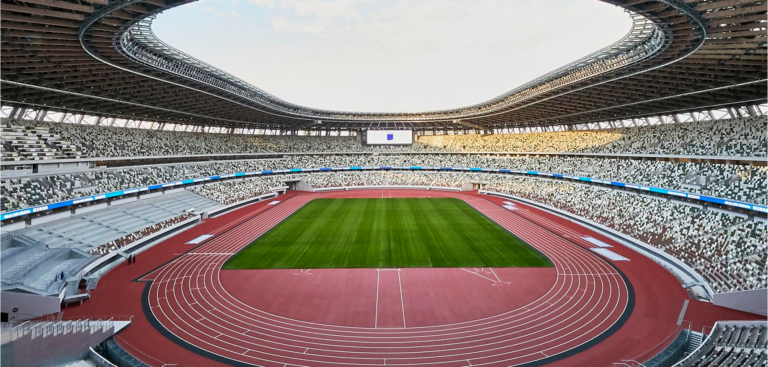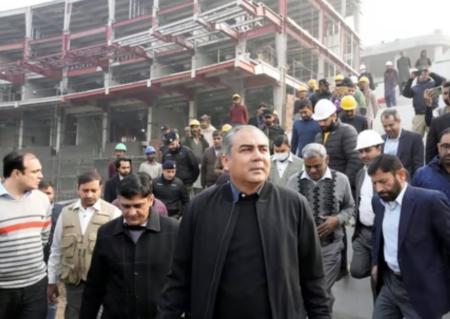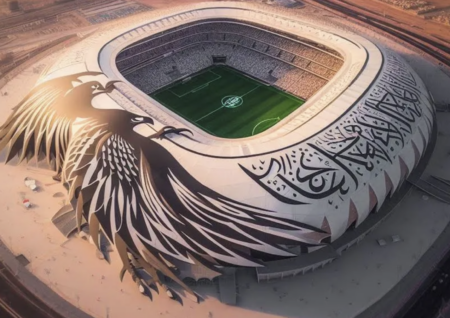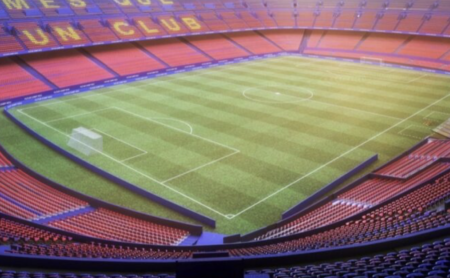It’s official. The organizers of the Tokyo 2020 Olympic and Paralympic Games have announced that the event will not take place this year due to the coronavirus pandemic, instead it’s being rescheduled to a yet unconfirmed date in 2021.
As sporting events around the world have been canceled or postponed as a result of the coronavirus, eyes were still on what would happen to the Olympic Games, which were due to take place from July 24 to August 9. However, with athletes struggling to train due to isolation and uncertainty over travel plans pressure has been mounting on the International Olympic Committee to make a stand on whether they would go ahead.
On March 24, the IOC President Thomas Bach and the Prime Minister of Japan, Abe Shinzo, held a conference call to discuss the constantly changing environment with regard to COVID-19 and the Olympic Games Tokyo 2020, which resulted in the news that it would be postponed. However, despite being held in 2021, it will still be called the 2020 Olympic Games.
President Bach and Prime Minister Abe expressed their shared concern about the worldwide COVID-19 pandemic, and what it is doing to people’s lives and the significant impact it is having on global athletes’ preparations for the Games.
It was announced that “In the present circumstances and based on the information provided by the WHO today, the IOC President and the Prime Minister of Japan have concluded that the Games of the XXXII Olympiad in Tokyo must be rescheduled to a date beyond 2020 but not later than summer 2021, to safeguard the health of the athletes, everybody involved in the Olympic Games and the international community.”
Following the announcement, IOC president Thomas Bach addressed the full reasoning behind the decision, as well as the challenges they now face and what the future holds for the Games.
What was decided in the conference call today?
“This telephone call between Prime Minister Abe and me, we have been discussing the
seriousness of the pandemic of the coronavirus and most importantly the devastating
effects it has had on so many peoples’ lives around the entire globe. We are both very
worried about the worldwide development because in the last two to three days in
particular, we have seen the rapidly growing numbers, we have seen the beginning of an
outbreak in particular in Africa, we have seen the beginning of an outbreak also in some
islands in Oceania and we have seen the rapidly growing numbers in South America and
many other parts of the world. The World Health Organization speaks of the acceleration of
the spreading of the virus so we were addressing this situation and came to the conclusion
that, in order to safeguard the health of the athletes and everybody involved in the Olympic
Games, we have to postpone the Olympics and Paralympic Games Tokyo 2020 to the year
2021, with the aim to have it there at the latest in summer time 2021.”
The human and logistical costs of this decision are huge. Can you give us an idea
of the challenges you face?
“We are facing an unprecedented challenge now because this postponement is the first
ever postponement of an Olympic Games in Olympic history. The Olympic Games is one
of the most complex events on this planet. We have to get together 11,000 athletes from
206 National Olympic Committees, as well as the IOC Refugee Olympic Team, in one
place. Not only for sport and showing sporting excellence, but also living together in an
Olympic Village, celebrating humanity together.”
This is a difficult situation but is there an element of hope here?
“Yes, there will be an Olympic Games Tokyo 2020. So there the athletes will have the
chance and the opportunity of their life, to make their Olympic dream come true even in
these uncertain times, and their preparations will need the cooperation of everybody. And
also the understanding in particular of the athletes. They have to come together and
address this unprecedented situation together. If we do so, if we are all standing together
and everybody makes his or her contribution, then I am really confident that in the end
these Olympic Games Tokyo 2020 can be the light at the end of this dark tunnel we are all
going through together now, and we all want to see the Olympic flame at the end of this
dark tunnel.”
The Games will still be called Tokyo 2020. Can you tell us why that decision was
made?
“We are showing our commitment to these Olympic Games Tokyo 2020 and to the
success of these Games, and also our gratitude to the Japanese people, the Organising
Committee, the Government authorities and everybody who have prepared these Olympic
Games so well, by having decided that the Olympic flame, which arrived in Japan a couple
of days ago, will stay in Japan until the Games finally begin and we also agreed that the
name will be kept as ‘Olympic Games Tokyo 2020’, again to show our commitment and the
highly symbolic meaning these Olympic Games then hopefully can and will be – at the the
end – a celebration of humankind having overcome this unprecedented challenge of the
coronavirus.”





